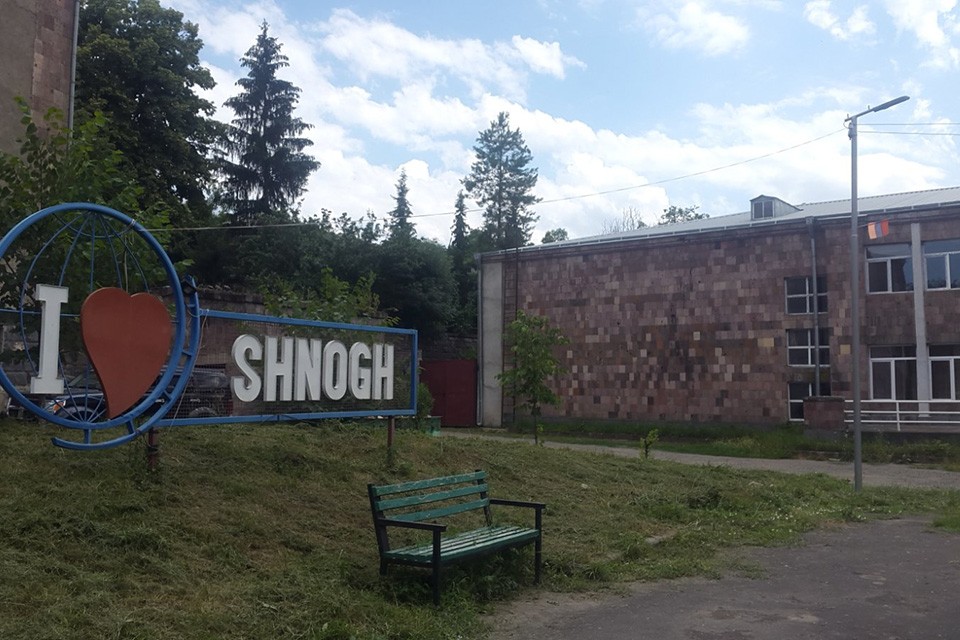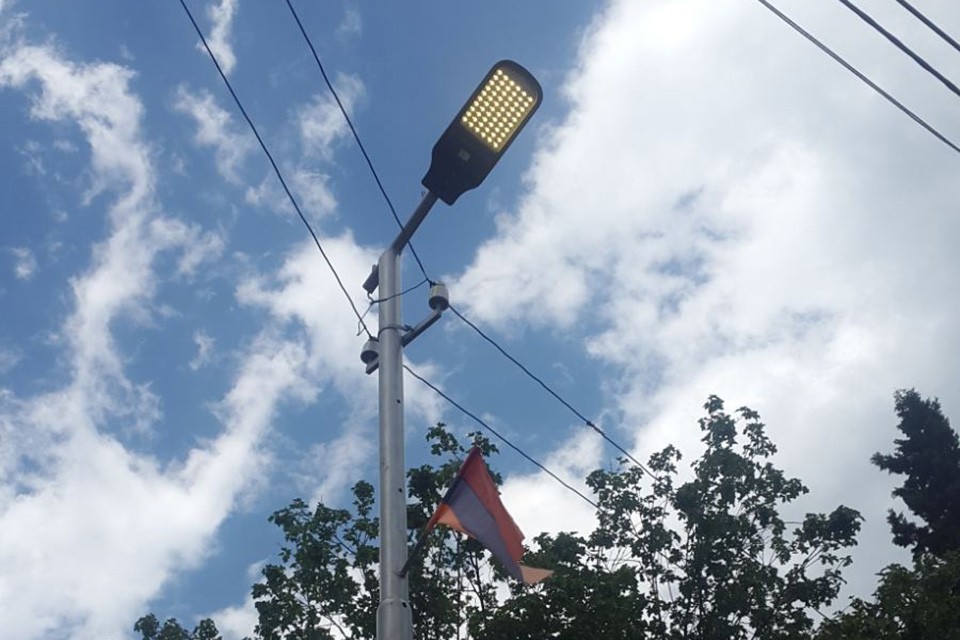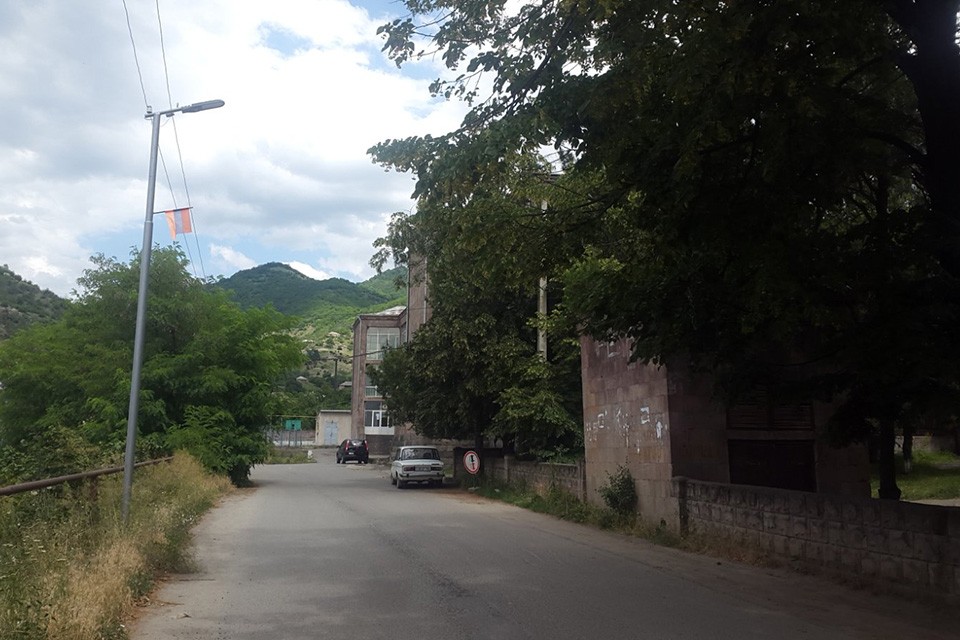16:56 | 27.08.20 | News | 15692
Viva-MTS supported energy saving system introduced in Shnogh contributes to community budget savings
It is already several months the energy saving system is introduced in Shnogh, a village in Lori region. Before that, part of the village was lit with expensive, non-durable lights of poor quality.
To reduce unjustified expenses and have a full-scale lighting system in the settlement, Viva-MTS and The Foundation for the Preservation of Wildlife and Cultural Assets came to help install a LED lighting system operating on new technologies, which have already brought the desired effect; the settlement has already recorded savings of budgetary means.
“Before the system was introduced, we made some calculation. A monthly fee for street lights was around AMD 80-85 thousand. But this was not the only expense, as previous lights had a low quality and we often used to fix them; add all that costs and the monthly expenses will be even higher. Now all that is left behind. It’s evident for us that the new system is efficient. The maximum fee we had during these months was AMD 51 thousand. So we save around AMD 30-35 thousand per month,” said the head of Shnogh administration, Davit Ghumashyan.
According to the initial plan a 1.4 km long section of road had to be illuminated in Shnogh. Due to the willingness of the community to invest, the 1.7 km-long central street is now fully illuminated. 47 energy-saving LED lights have been installed. The new system has already been launched, despite the official opening ceremony was replaced with a video call.
“The efficiency of this energy-saving system is a long-term benefit. That’s one of its major advantages. We have had a positive feedback from the rural communities where the program had been implemented. You, too, will feel the benefits of the new technologies as they help you save means if the communities manage to steer the saved means to solving other problems there will gradual positive change in all spheres of life. That’s an essential part of the model of flexible and efficient management,” Viva-MTS General Manager Ralph Yirikian said during the video call.
“Due to the situation, we changed the format of the opening event, but the goal of creating and developing a network of eco-villages remained the same. This community contributed about 30% to the project, which enabled to embrace a bigger area in the project. This is a significant achievement,” said Ruben Khachatryan, Founder of the Foundation for the Preservation of Wildlife and Cultural Assets.
LED lights are the first in terms of savings, environmental impact and quality of illumination. Distant regions of Armenia remain in the focus of partner organizations. In many settlements, work is coordinated over the years to address existing issues.

17:29 | 24.09.25 | Articles
Jacopo Losso on Cross-Border Investments and Why Armenia Attracts Angels











